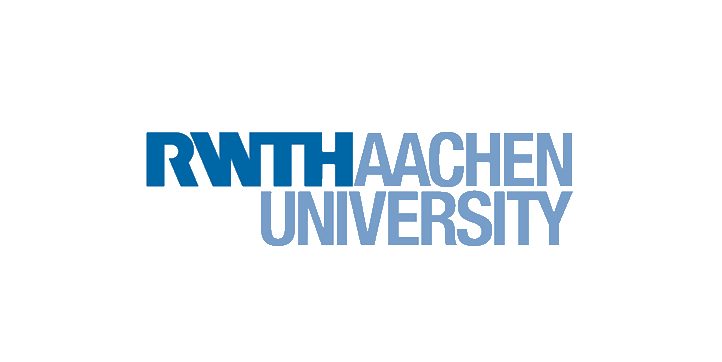RWTH: Bringing Together Suppliers and Users of Sustainable Technologies in Africa
“Businesses in Africa, especially sub-Saharan Africa, should make better use of research findings. To do this, they must be able to identify and evaluate how sustainable technologies are. This is where we come in with our TeTraPHar Africa project,” explains Professor Marzia Traverso from the Institute for Sustainability in Civil Engineering (INaB) at RWTH Aachen University. The acronym TeTraPHa Africa stands for capacity building to disseminate cleaner production and post-harvest technologies for sustainable development in Africa. The Aachen-based Institute has been collaborating with Mzumbe University in Tanzania (MU) and the Uganda Cleaner Production Centre (UCPC) since October 2020. The work is funded by the German Federal Ministry of Education and Research. Training courses, farmer surveys and interviews, doctoral programs, the implementation of a technology fair, and the development of a mobile platform have already taken place.
The RWTH scientists have also helped organize a technology fair in Kampala, Uganda. Technology providers, companies, potential users, government institutions, and investors were all able to meet and network there. The focus of the fair was on innovative technologies that would help improve resource efficiency and post-harvest loss management. The Sustain Cleaner Africa app, developed as part of the project, was also presented in Kampala. The main goal of this app is to help industry actors gain access to technologies, markets, funding, and public incentives. This action hub is a platform where all stakeholders can contribute their knowledge to help promote sustainable development by disseminating clean production and post-harvest technologies. The offer is addressed not only to farmers but also to inventors, suppliers, non-governmental organizations (NGOs), governments, youth organizations, or educational and R&D institutions from the region who want to present their innovative technologies and ideas.
Other project activities included visits to Aachen by researchers from MU and UCPC. INaB trained them to use LCA software, and RWTH Innovation provided workshops on technology transfer.

